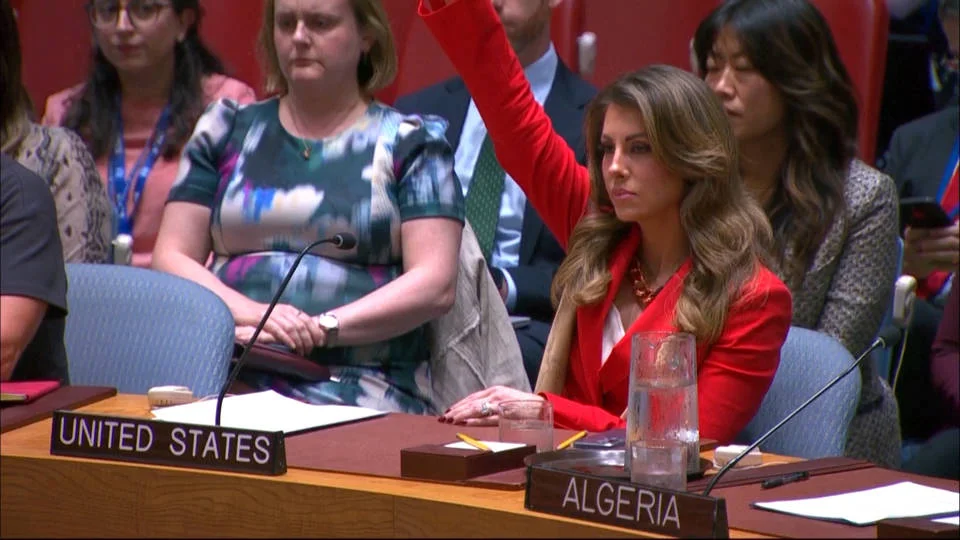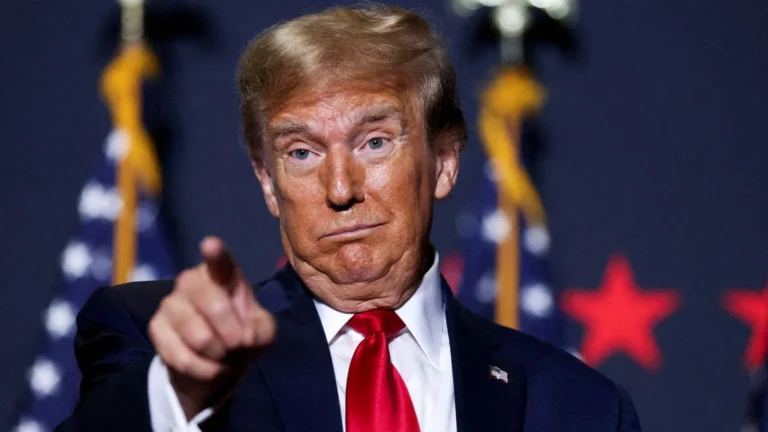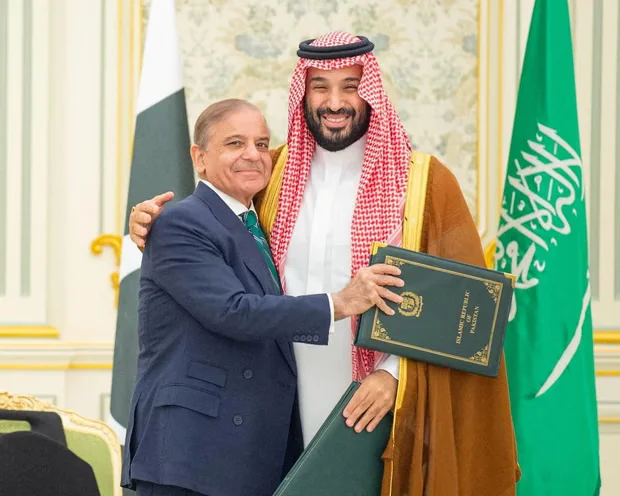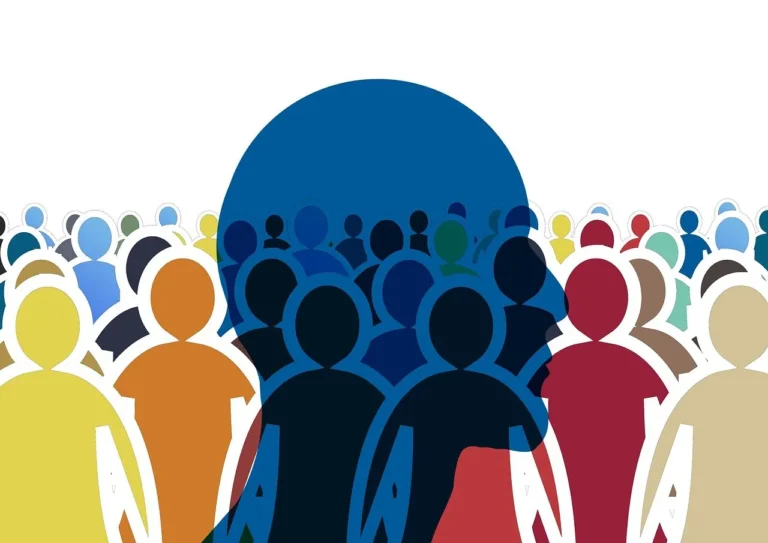The board showed fourteen green votes. One red. Then came the word — veto. For the sixth time since the Gaza war began, the United States blocked a United Nations Security Council resolution demanding an immediate and permanent ceasefire. Fourteen countries tried to stop the bloodshed. One country stopped them. This wasn’t just diplomacy. It was complicity.
The resolution called for an end to the bombing, release of all captives, and unrestricted humanitarian access to Gaza. It recognized what the world already knows: Gaza is collapsing. More than two million Palestinians are trapped, starving, and displaced. Gaza City lies in ruins. Most of its infrastructure is gone. Hospitals function in darkness. Clean water barely exists. Yet Washington chose to crush this resolution, even when every other member of the Council supported it.
US Ambassador Linda Thomas-Greenfield said the text was “imbalanced.” She argued it didn’t condemn Hamas or affirm Israel’s “right to defend itself.” This has become Washington’s script — always mention October 7, never mention the thousands of children killed since. Always talk about Israel’s fear, never Gaza’s funerals. The truth is simple: the resolution wasn’t about assigning blame. It was about stopping mass death. The US refused.
And while diplomats spoke in clean, measured tones, Gaza screamed. Local health officials and international monitors say tens of thousands have been killed — overwhelmingly civilians. The Integrated Food Security Phase Classification (IPC) has declared famine in several parts of Gaza. UN experts report that over 80% of the population has been displaced. Independent investigators appointed by the UN Human Rights Council have accused Israel of committing genocide, citing clear evidence of intent to destroy Palestinians as a people. These aren’t activists saying this. These are UN experts. The US chose to ignore them.
Washington questioned the famine declaration, calling its data “incomplete.” But anyone can see the truth. Children’s ribs press through their skin. Babies die dehydrated. Doctors operate without anesthesia. Families drink sewage water. Israel has bombed bakeries, water lines, and aid convoys. This is not crossfire. This is engineered collapse. It fits the legal definition of genocide: deliberate destruction of a people. The US knows this — and still blocked the world from acting.
The political reality is brutal. The US has used its veto dozens of times since the 1970s to shield Israel from accountability. But this time, its isolation was glaring. Fourteen out of fifteen Council members voted yes. Even close allies like France, Britain, and Japan supported the ceasefire. Algeria’s ambassador said, “Forgive us, because the world speaks of rights, but denies them to Palestinians.” The Palestinian envoy called the veto “deeply regrettable.” Israel’s ambassador smiled and said Israel needed “no justification” to keep attacking. That sentence alone exposes everything.
The veto showed what the UN really is: a stage where powerful nations protect their allies, even as those allies massacre civilians. The Security Council was created to prevent mass atrocities. Now it functions as Israel’s legal bodyguard. One American vote erased the will of the world. And in doing so, it told the Palestinian people their lives mean less than Israel’s comfort.
Washington frames this as security versus humanity. It claims stopping the war would help Hamas. That’s false logic. Genocide does not bring security. Starving children will not create peace. Every home reduced to rubble plants the seed of the next war. History shows this — Afghanistan, Iraq, Lebanon. When you destroy a people’s future, you create endless resistance. Israel’s campaign is not eliminating Hamas. It is manufacturing the next generation of rage.
There is also the hypocrisy. The US calls itself a defender of human rights. It lectures the world about democracy, law, and morality. Yet it arms and funds Israel’s siege, vetoes every attempt to stop it, and then speaks of peace. You cannot bomb hospitals, block food, and claim to defend international law. The world sees this contradiction. And it is costing America what it fears most — legitimacy.
Even America’s allies are breaking ranks. France and Britain voted for the ceasefire. Countries in Africa, Asia, and Latin America openly say the US is prolonging Gaza’s agony. In much of the Global South, Washington no longer looks like a peacemaker. It looks like an accomplice. Each veto isolates it further. Each veto erodes the idea that international law applies equally. Each veto tells the world: rules are for others. Not for us.
Meanwhile, the ground burns. Israel has expanded its ground offensive into Gaza City, saying it will “eliminate Hamas completely.” Airstrikes slam into residential areas where displaced families are sheltering. Local authorities say most of the dead are civilians. Hospitals have no power, no medicine, and no beds. Aid convoys are bombed or blocked. The UN warns Gaza is on the brink of “total societal collapse.” And through it all, America blocks even the word “ceasefire” from leaving the UN chamber.
This is not neutrality. This is protection of genocide. And it raises a deeper question: what is the UN worth if one country can veto humanity? The Security Council claims to defend peace. Yet it stood frozen while Israel turned Gaza into dust, because the US said no. Fourteen raised their hands for life. One hand chose death. That image will haunt this institution forever.
Years from now, people will read about this war in textbooks. They’ll see the numbers — the dead children, the bombed hospitals, the starving families. And they will read that the world tried six times to stop it. Each time, one country said no. They will not remember the legal arguments. They will remember the silence. And the bombs that did not stop.




